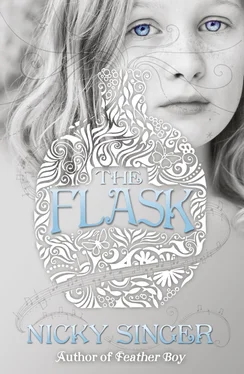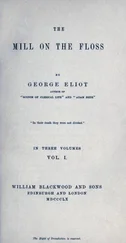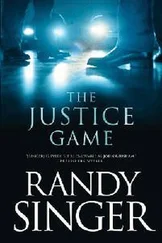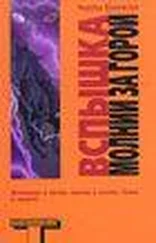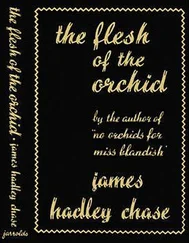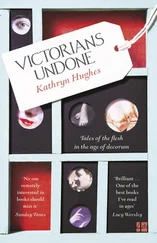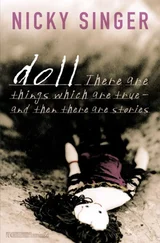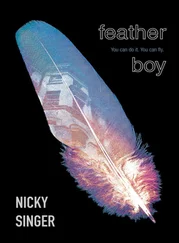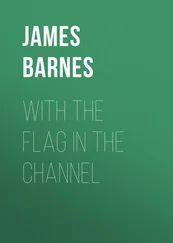“Hi, hi, hi. Hi!” says Zoe. She wheels about, or tries to, which is when she comes face to face with the desk.
“What,” she says, “is that?!”
“It’s a bureau,” I say.
“A what?”
“A bureau.”
“But what’s it doing here?”
“It belonged to my aunt Edie.”
“It’s hideous,” she says. “And ancient.”
Ancient is one of her favourite words. Anything more than two weeks old is ancient as far as Zoe is concerned.
“It’s George III,” I say. Si again.
“Hideous, ancient and pre-owned. Who’d want something that already belonged to some George whatever?” she says.
I’m going to explain that George Whatever didn’t own this piece of furniture, that he just happened to be on the throne of England when it was made, but that would turn me into Si, so I don’t.
“Hideous, ancient, pre-owned and bashed up,” she continues.
Bashed up?
I actually take a look at the desk. It’s not bashed up. And the wood isn’t as dark as I’d thought either, in fact it’s a pale honey colour, and the grain is quite clear so, even though it’s over two hundred and fifty years old you can still imagine the tree from which it was originally cut. There are dents in the surface of course and scratches too, but it doesn’t look bashed up, just as though it has lived a little, lived and survived.
“It’s not bashed up,” I say.
“What?”
“And it’s not hideous. Look at the locks,” I say. “Look at the handles.”
The locks and the handles are also not as I’d thought. They’re not heavy, not funereal, in fact they’re quite delicate. Around the keyholes are beautiful little curls of brass in the shape of leaves and even the little brass-headed nails that hold the handles in place are carefully banged in to just look like part of the pattern.
“Hideous, ancient, pre-owned and IN THE WAY,” says Zoe. She pirouettes. “I mean, how is a person to dance in this room any more?”
Then she sees the mirror turned against the wall.
“And what’s this?” she says. “Are you having a bad face day?”
She hangs the mirror the correct way round and checks to see if she has any spots, which of course she doesn’t. Even when she gets to be a proper teenager I doubt if she’ll have spots. Things like that don’t happen to Zoe.
“I’m sorry about the dancing, Zo,” I say. “But I really like this bureau. In fact,” I add, experimenting, “I think I love it.”
“Huh?” says Zoe, who’s still searching for spots.
Sometimes I think Zoe is a mirror. I look into her to find out who I really am.
As soon as Zoe leaves (flamboyant twirl and a shout of Bye-eee as she flies down the stairs), I take my chair and sit at the desk.
I never saw Aunt Edie at this desk, as I saw her so often at the piano. But she must have sat here, I realise. Sat writing letters, private things, not things you do when you have guests in the house. I pull out the runners (and Si is right about this, it isn’t difficult at all) and lay down the lid.
Inside it is like a little castle. In the middle, there is a small arched doorway, the door itself hinged between two tiny carved wooden pillars. On either side of the door are stepped shelves and cubbyholes of different sizes, to store envelopes or paper, I suppose. There are also four drawers, two wide shallow ones next to the pillars, and at either edge of the desk two narrower, longer ones. The desktop itself slides away if you pull a little leather tab. Underneath is a cavernous little underdrawer.
“That’s where they would have kept the inkwells,” says Si in passing.
I can see dark stains which could have been ink. People writing at this desk long before Aunt Edie. I imagine a quill pen scratching out a love letter. And suddenly those faraway people who sat at this desk, family or strangers, they don’t seem so faraway at all. They seem joined to me by the desk and all the things that have been written and thought here. And then I think about Edie herself, and how maybe she loved this desk. Sun-bright Edie, maybe coming here to be quiet, to be still, to unfurl her own dark heart.
Then I know I want to claim this desk after all.
But I still don’t put anything in the desk. Not until the morning my mother is to deliver the babies. This is going to be a long day, a difficult day. “We’ll need to keep busy,” Gran says; “you and me.”
Gran has agreed to stay in the house with me so that Si can be in the operating theatre with Mum.
“It’s an elective caesarean, Jess,” says Si. “The operation itself is quite safe.”
They have to go in the night before, as Mum is first on the list. Si stands in the hall holding Mum’s suitcase.
“Don’t worry, Jess,” Mum says, and stretches out her arms for me. But I can’t get close, because of the babies. “I’ll bring them home safe,” she whispers into my hair. “I will.”
“Time to go,” says Si.
I lie awake a long time that night. Keeping vigil. Watching. I imagine Mum being awake. And Si. And probably the babies too, waiting.
In the morning I skip breakfast.
“You’re growing,” said Gran. “You have to eat.”
But I can’t.
I go to my room and start on the desk. I have decided that I will put in some homework stuff, but also some private things. In one of the cubbyholes I lodge my English dictionary, my French dictionary, my class reader. I pay attention to the height of the books, their colour, shuffling them about until I am sure that I have the correct book (the stubby French dictionary), in the middle. In the inkwell space, I put pens, pencils, glue, sticky tape and my panda rubber with the eyes fallen off.
Then I move on to more precious things. Behind the little arched door, I put ScatCat. He’s a threadbare grey, his fur worn thin from having slept in my arms every night for the first four years of my life. His jet-black eyes are deep and full of memories. I think I’d still be sleeping with him if Spike hadn’t arrived. More about Spike later. To keep Scat company, I add the family of green glass cats made as I watched by a glassmaker one summer holiday. Then I add a bracelet that Zoe made for me (plaited strands of pink and purple thread) and also one made by another good friend – Em – (purple and green) when we were in year 5. I once suggested we make a thread friendship bracelet for the three of us, winding Zoe’s colours and Em’s and mine (purple and blue) all together. Zoe laughed at me. She said friendship bracelets could only be exchanged one-to-one. That’s what Best Friends meant, Zoe said. Didn’t I understand about Best Friends? I close the little arched door.
Next I select my father’s ivory slide rule. Not Si’s slide rule, but one which belonged to my real father. Gran thrust it into my hand one day.
“Here,” she said, quite roughly. “Your father had this when he was about your age. You should have it now.”
“What is it?” I asked.
“A slide rule, of course.”
I must have looked puzzled.
“It was how people did maths,” said Gran. “Before calculators.”
Before calculators sounded a bit like Before the Ark. It made my father seem further away not nearer. Or it did until I held the slide rule. Carefully crafted in wood, overlaid with ivory (“I know we shouldn’t really trade ivory,” said Gran, “but this elephant has been dead a long, long while”), it’s bigger and deeper than a normal ruler with a closely fitting sliding section in the middle slightly broader than a pencil. Along all its edges carved numbers are inked in black.
“It originally belonged to your grandfather. Passed down,” Gran said. She paused. “Useless now, I suppose. It’s useless, isn’t it?”
Читать дальше
